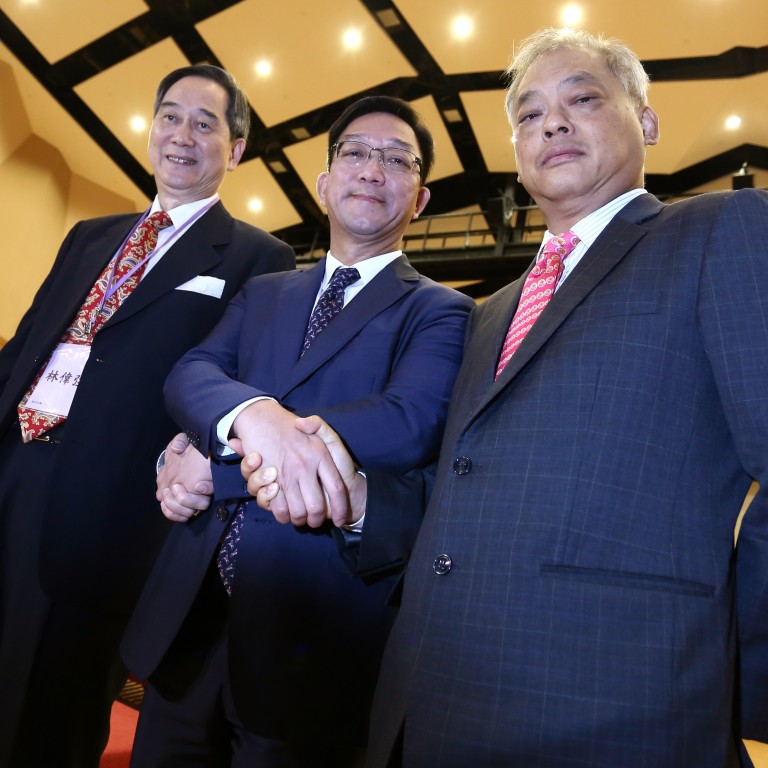
Reforms by rural body a step in the right direction
- The Heung Yee Kuk has decided to reach out to youngsters and women, but it will have to go much further if it is to remain relevant to society today
From a power broker with disproportionate political influence to an exclusive club for elderly patriarchs, the image of rural affairs body the Heung Yee Kuk is anything but positive. The perception arguably does not do justice to a long-standing institution that has been recognised by the government as a force of political support and stability. But it has a lot to do with the kuk’s insistence on the so-called traditional interests and rights of indigenous villagers, and its failure to embrace changing values and standards in modern society.
It is good to hear that the body is reaching out to youth and women in an image revamp. Following the re-election of Kenneth Lau Ip-keung as chairman earlier this month, two subcommittees on youth and women’s affairs are being created. There was a need to step up work with youngsters, engage them in discussions about rural affairs and let them know more about the culture and traditions of the New Territories, Lau said.
Rural chief vows to safeguard male villagers’ right to build small houses
Whether the initiatives will make a difference remains to be seen. We are not sure whether the head of the new youth subcommittee is correct in saying that young villagers are not as radical as those in urban areas. But the fact that many youngsters have taken part in recent protests against the unpopular extradition bill underlines the need to better engage youth. The kuk is to be commended for recognising this, but it is important that reforms are genuine rather than cosmetic gestures. If the move is nothing more than an attempt to get youngsters rallying behind vested interests and privileges, it can hardly win public support.
The initiatives should be the first of many more steps to come. Established as a rural affairs adviser to the British colonial government, the kuk looks somewhat out of place today, especially when the distinction between urban and rural areas is becoming increasingly blurred. But that does not prevent the body from gaining stronger influence in public affairs, with its members sitting in all tiers of the political structure. Perceptions are further compounded by the fact that all adult male indigenous villagers are allowed to build a three-storey villa, an archaic policy staunchly defended by the kuk. Further reforms are needed if the body is to keep up with the times.

